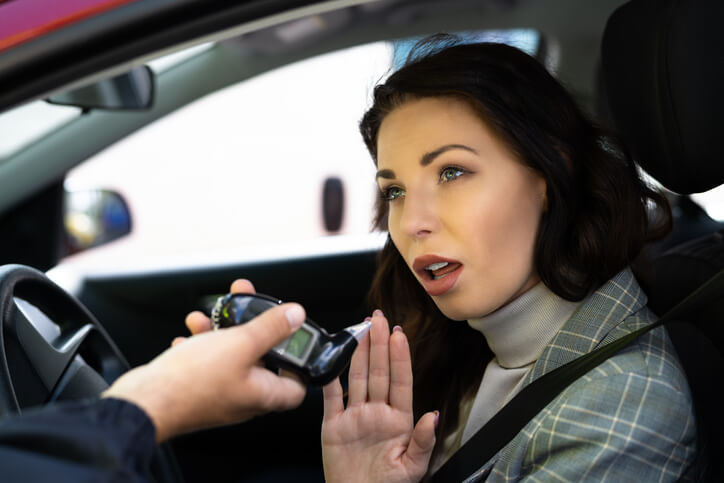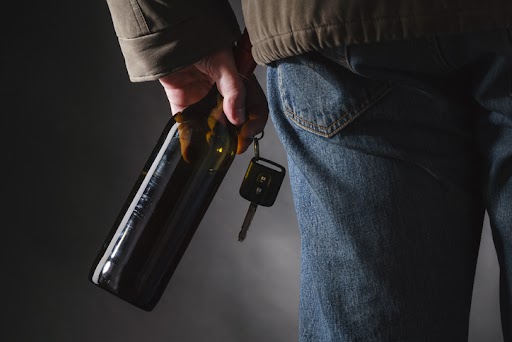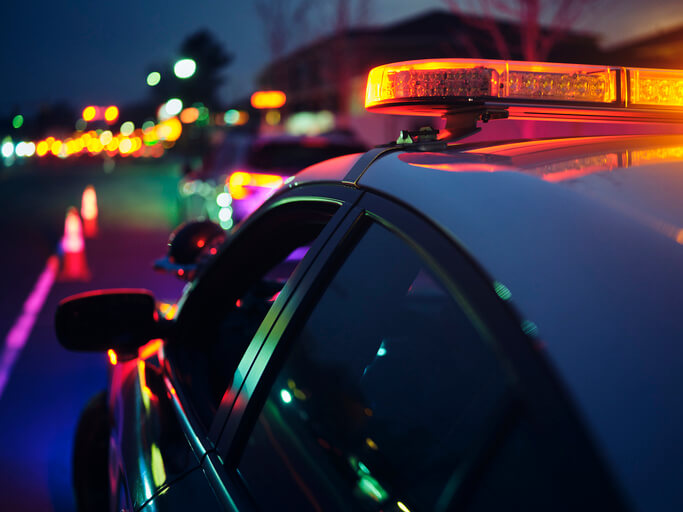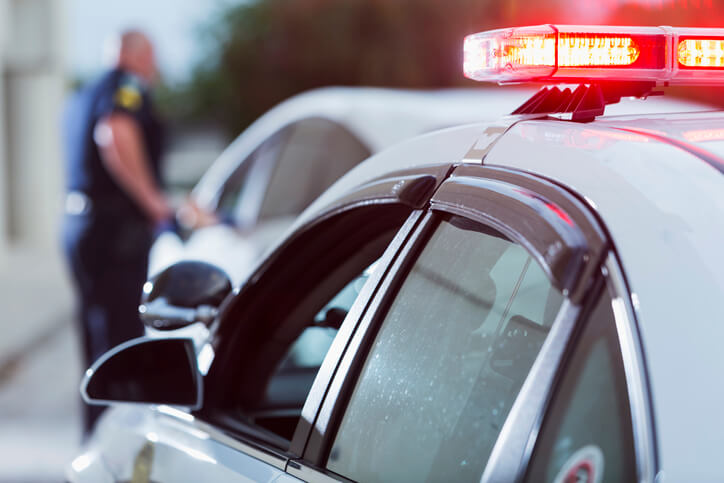The holiday season is a time for celebration, filled with gatherings, good company, and sometimes, a few too many drinks. While these parties bring joy, they can also lead to poor decisions regarding driving afterward. Drunk driving incidents tend to increase during this time, often putting both drivers and others on the road at risk. If you or a loved one has been charged with drunk driving after a holiday party, understanding the consequences and knowing how to protect your driving privileges is essential.
Why Drunk Driving Increases After Holiday Parties
Drunk driving spikes during the holidays for several reasons. First, holiday parties often feature alcohol, and the festive atmosphere can make people feel more relaxed or inclined to indulge. After a long year, many feel like letting loose, sometimes resulting in overindulgence. Additionally, guests may feel pressure to drink socially or may underestimate the effect alcohol has on their ability to drive safely.
Another factor is the distance many people travel to attend these gatherings. Often held at friends’ or coworkers’ homes, these parties can be in unfamiliar areas where public transportation or rideshare options might be limited. When faced with the challenge of getting home, some people make the unfortunate decision to drive, hoping they’re “sober enough” to make it.
The Consequences of a Drunk Driving Conviction
A drunk driving conviction in North Carolina can have severe and lasting consequences. These consequences affect more than just the driver’s record; they can impact employment, finances, and personal relationships.
- Legal penalties–A first-time DWI (Driving While Impaired) conviction can lead to significant fines, court costs, and even jail time, depending on the level of impairment and other factors. Subsequent offenses or aggravating circumstances, like a high BAC (Blood Alcohol Concentration) or having minors in the car, can result in harsher penalties.
- License suspension–One of the immediate consequences of a DWI conviction is the loss of driving privileges. In North Carolina, a DWI conviction generally results in an automatic license suspension, lasting from several months to years, depending on prior convictions or aggravating factors.
- Insurance rate increases–Following a DWI conviction, many people see a significant spike in their auto insurance premiums, as insurers view convicted drivers as high-risk. This increase can last for years and make driving much more costly.
- Employment and social impacts–A DWI can also impact employment, especially for those in positions that require a clean driving record or entail driving as part of their job. Additionally, a conviction on your record can affect future job applications, housing opportunities, and personal relationships.
How to Protect Your Driving Privileges
If you have been charged with DWI after a holiday party, it’s essential to take action quickly. Working with an experienced criminal defense attorney can help protect your driving privileges and potentially reduce the impact of the charges.
Seeking Limited Driving Privileges
In some cases, it may be possible to obtain limited driving privileges even during a license suspension period. These privileges allow you to drive for essential purposes, like work or school, helping you maintain some stability despite the charges. A skilled attorney can guide you through the application process for limited driving privileges.
Challenging the Charges
A defense attorney will investigate every aspect of your arrest, including the conduct of the police officers involved, the accuracy of any field sobriety tests, and the calibration of breathalyzer devices. If there were any procedural errors or if evidence was mishandled, your attorney might be able to challenge the validity of the charges.
Exploring Diversion Programs
Depending on your record and the specifics of your case, you may qualify for diversion programs designed to educate and rehabilitate rather than punish. Completing such a program can sometimes reduce charges or avoid a conviction on your record.
Moving Forward After a DWI Charge
Facing a DWI charge after a holiday party is a serious matter, but it doesn’t have to define your future. At Hancock Law Firm, we understand the impact that a conviction can have on your life, and we’re committed to helping you achieve the best possible outcome. From challenging the charges to protecting your driving privileges, we will work with you every step of the way to secure a positive resolution.
As the holiday season approaches, remember to plan for a safe ride if you’re attending gatherings where alcohol will be served. And if you do find yourself facing a DWI charge, contact Hancock Law Firm. Let us help you protect your rights, your driving privileges, and your future.










